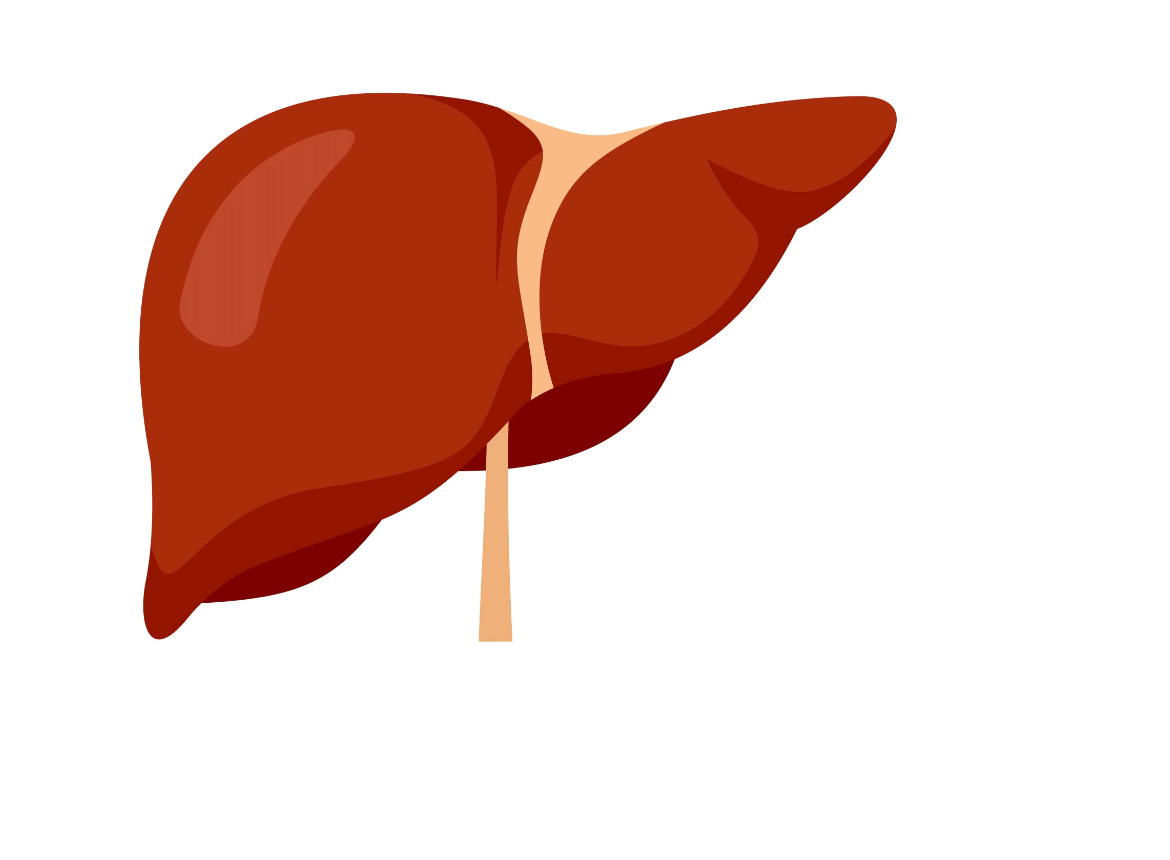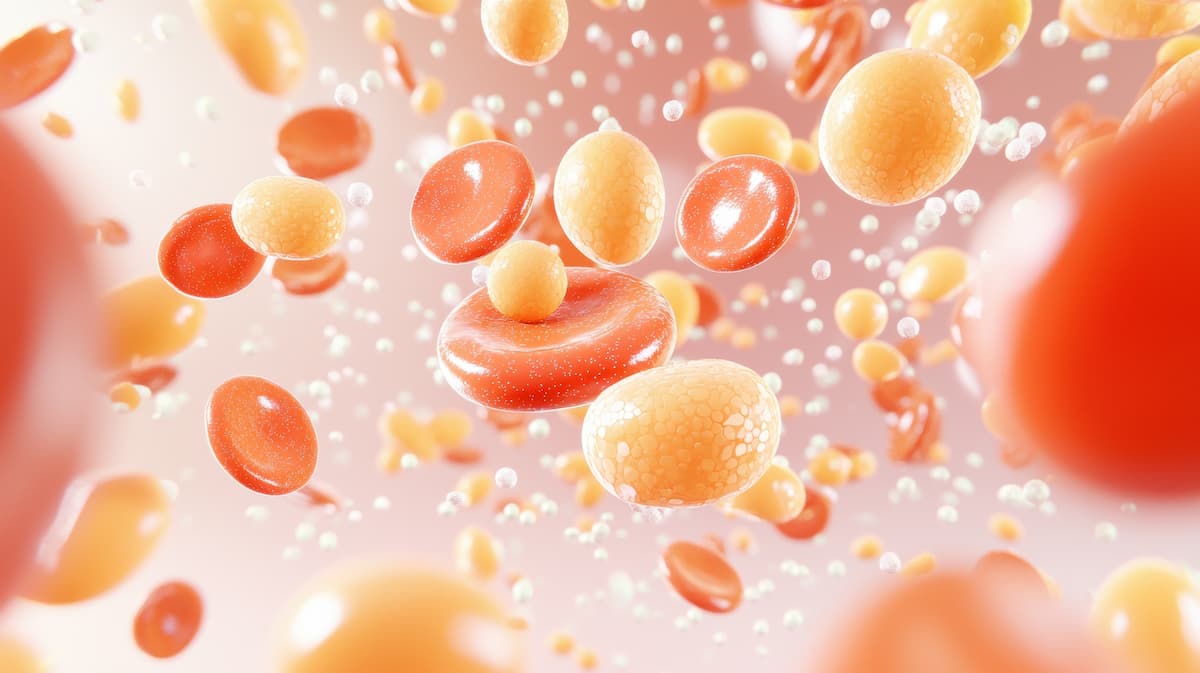News
Article
Vitamin K2 Can Protect Against Non-Alcoholic Fatty Liver Disease, Study Shows
Author(s):
The vitamin improved lipid metabolism to slow the progression of the disease.
Globally, approximately 25% of all adults have non-alcoholic fatty liver disease (NAFLD), a metabolic disease that can eventually cause liver disease; however, recent evidence highlights vitamin K2 as a preventative and therapeutic agent to protect against NAFLD, according to the results of a study in Scientific Reports. In mice with high-fat diet-induced NAFLD, vitamin K2 decreased the amount fat that accumulates in the liver and significantly reduced body fat content and body fat percentage.
anatolir - stock.adobe.com

Insulin resistance and obesity are 2 factors that are often associated with NAFLD, although patients can get the disease without these preconditions. The current and most favorable management strategies include weight loss and exercises, but there is no known way to reverse NAFLD aside from liver transplant.
Previous research has found that vitamin K can be a potent therapeutic option for vascular calcification, osteoarthritis, and asthma. It has also been shown to regulate lipid metabolism in the liver, but little research has examined the role of vitamin K2 in preventing or reversingNAFLD. This study looked at the effects of vitamin K2 on fatty liver formation, focusing on the association between NAFLD and lipid metabolism, and the mechanisms of lipid metabolism.
During this study, investigators gave mice with high-fat diet-induced NAFLD 3 different doses (0.1 mg/kg, 0.2 mg/kg, and 0.4 mg/kg) of prophylactic vitamin K2 for 8 weeks and evaluated the effects at 12 weeks. They compared the results with mice with NAFLD who did not receive vitamin K2 and stayed on a high-fat diet.
A dose of 0.2 mg/kg showed the greatest preventative effects against NAFLD, although all doses prevented mice from getting significantly obese and reduced visceral fat accumulation in this population. The vitamin was also shown to correct cholesterol metabolism disorders and lipid metabolism dysfunction, which is a significant feature of NAFLD.
“Lipid levels and lipid metabolism-related indicators… changed significantly in the NAFLD mouse model, suggesting that vitamin K2 may improve lipid metabolism disorders,” authors wrote in the paper.
The prophylactic administration of vitamin K2 was also associated with a reduction in liver inflammation and fibrosis. In addition, mice who received vitamin K2 for NAFLD demonstrated a reversal of disease pathology compared to mice with NAFLD who did not receive vitamin K2 intervention, and the vitamin was shown to regulate fat metabolism without impacting lean body mass or free body liquid.
Vitamin K2 did not reverse dyslipidemia associated with NAFLD. In addition, it did not significantly change the number of APN cytokines secreted by adipocytes—APNs can improve beneficial HDL cholesterol and increase insulin sensitivity.
The study is limited because it is one of few studies to evaluate vitamin K2 for NAFLD. In addition, this vitamin has only been shown to effectively treat NAFLD in vivo, so there are no data for in vitro effects. New areas of research can include looking at effective dosing and performing in vitro experiments.
“Results suggest that vitamin K2 is a safe and effective nutrient for reducing fat and weight in NAFLD with obesity,” authors wrote. “Our study provides a new potential treatment for NAFLD.”
REFERENCE
Zhao P, Yang W, Xiao H, et al. Vitamin K2 protects mice against non-alcoholic fatty liver disease induced by high-fat diet. Sci Rep 14, 3075 (2024). Doi: 0.1038/s41598-024-53644-6
Newsletter
Stay informed on drug updates, treatment guidelines, and pharmacy practice trends—subscribe to Pharmacy Times for weekly clinical insights.






